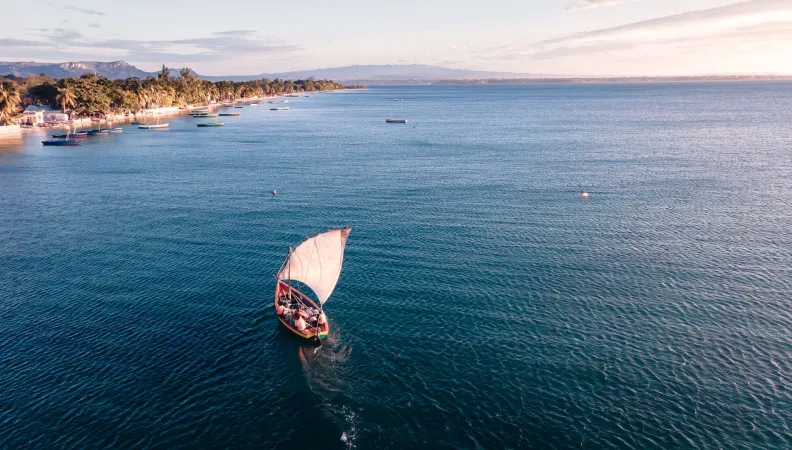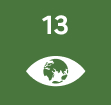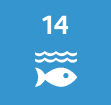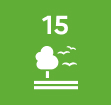Share the page
Contributing to the sustainable management of coastal ecosystems in Madagascar (GECP BATAN)
Project


-
Project start date
-
Status
In progress
-
Estimated date of project termination
-
-
Project financing date
-
-
Financing duration
-
3 years
-
Type of program
-
FFEM
-
Global financing amount
-
€ 8 600 000
-
FFEM financing amount
-
€ 2 100 000
-
Project lead member institution(s)
-
Ministry of the Ecological Transition, Biodiversity, Forests, Sea and Fisheries
-
Country and region
-
Madagascar
-
Location
-
Madagascar
-
Type of financing
-
Beneficiaries
-
DREDD Diana
-
Type of beneficiary
-
Public local authority





Rich in marine and terrestrial biodiversity, the BATAN area in Madagascar is under significant anthropogenic pressure on ecosystems, which negatively impacts fisheries and local communities. The GECP BATAN project contributes to the restoration of mangroves and the development of sustainable fishing in the region.
Context
Covering an area of 14,000 square kilometers, the BATAN region in northwestern Madagascar harbors exceptional terrestrial and marine biodiversity. However, its ecosystems are increasingly vulnerable due to strong demographic and economic pressures. Intensive fishing, agriculture, and tourism are accelerating the overexploitation of natural resources, leading to conflicts over resource use—particularly in fishing zones. This situation directly threatens the food security of local communities.
Description
Led by the Diana region with support from the FFEM, the “Coastal Ecosystem Management of the BATAN Landscape” project (GECP BATAN) aims to protect coastal ecosystems in the area while supporting the local economy. Its objectives are to develop more sustainable fishing practices benefiting local fishers, restore mangroves—critical ecosystems for biodiversity and climate change mitigation—and promote the responsible use of natural resources. To meet these challenges, the project relies on peer-to-peer training: the most experienced fishers are trained in sustainable and resilient practices and are encouraged to pass them on to their peers.
Outcomes
- Improve the management of natural resources and ecosystems, particularly mangroves.
- Encourage the adoption of sustainable practices among fishing professionals.
- Strengthen the enforcement and monitoring capacities of local authorities.
Innovative and exemplary features
The Fisheries Code, adopted in 2015 by the Malagasy authorities, transferred the management of fishery resources to fishing communities. In this context, the GECP BATAN project supports these communities by helping them to organize and adopt sustainable practices in line with current regulations. It also strengthens the monitoring capacities of oversight authorities by providing them with appropriate training and equipment.
The project’s innovation lies in its participatory approach, which combines concrete actions with both territorial and national planning.
Sustainable Development Goals
ODD8 Decent work and economic growth

ODD12 Responsible consumption and production

ODD13 Climate action

ODD14 Life below water

ODD15 Life on land



